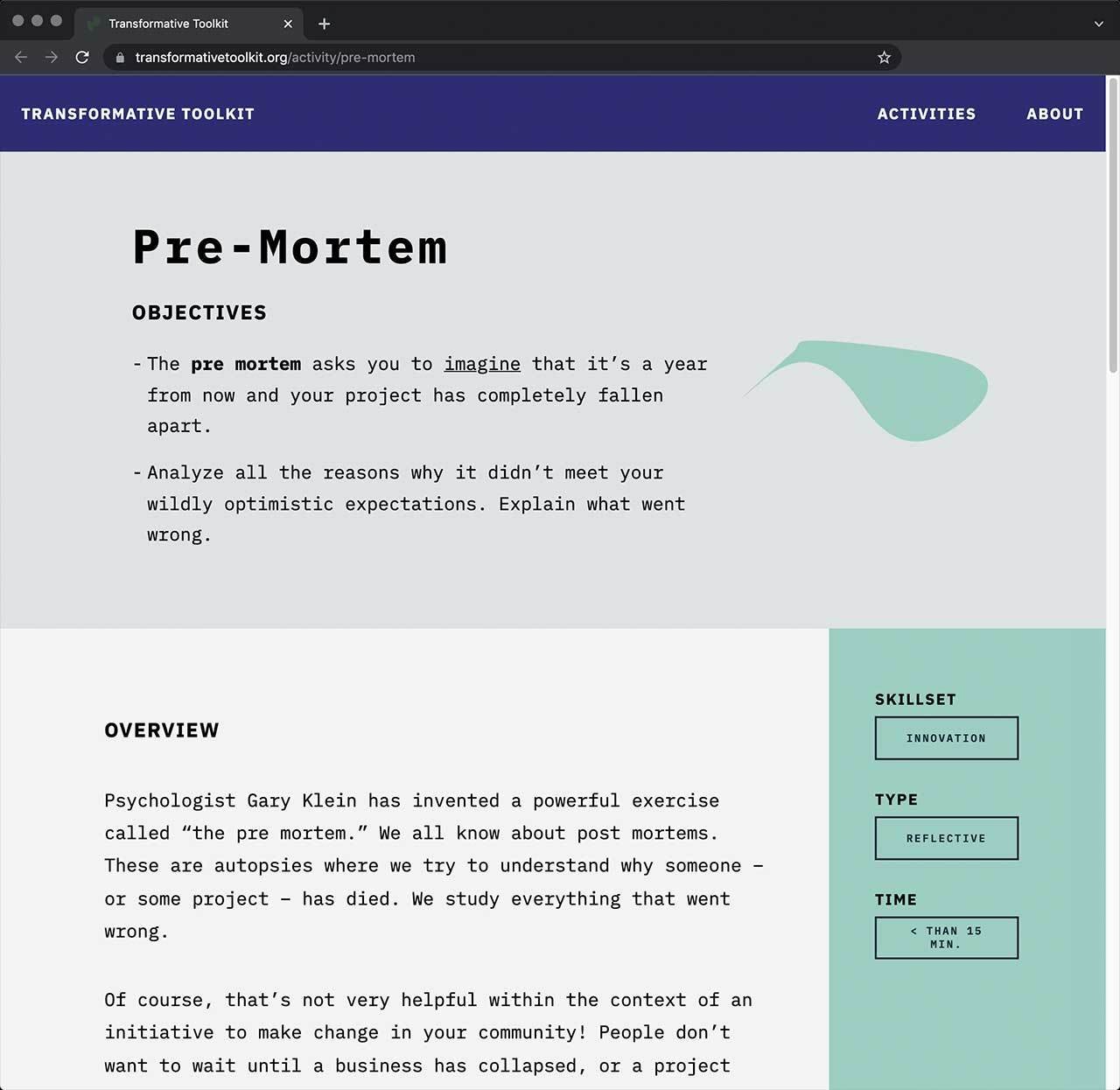Computation in Design Lab
Semester 1
24–25
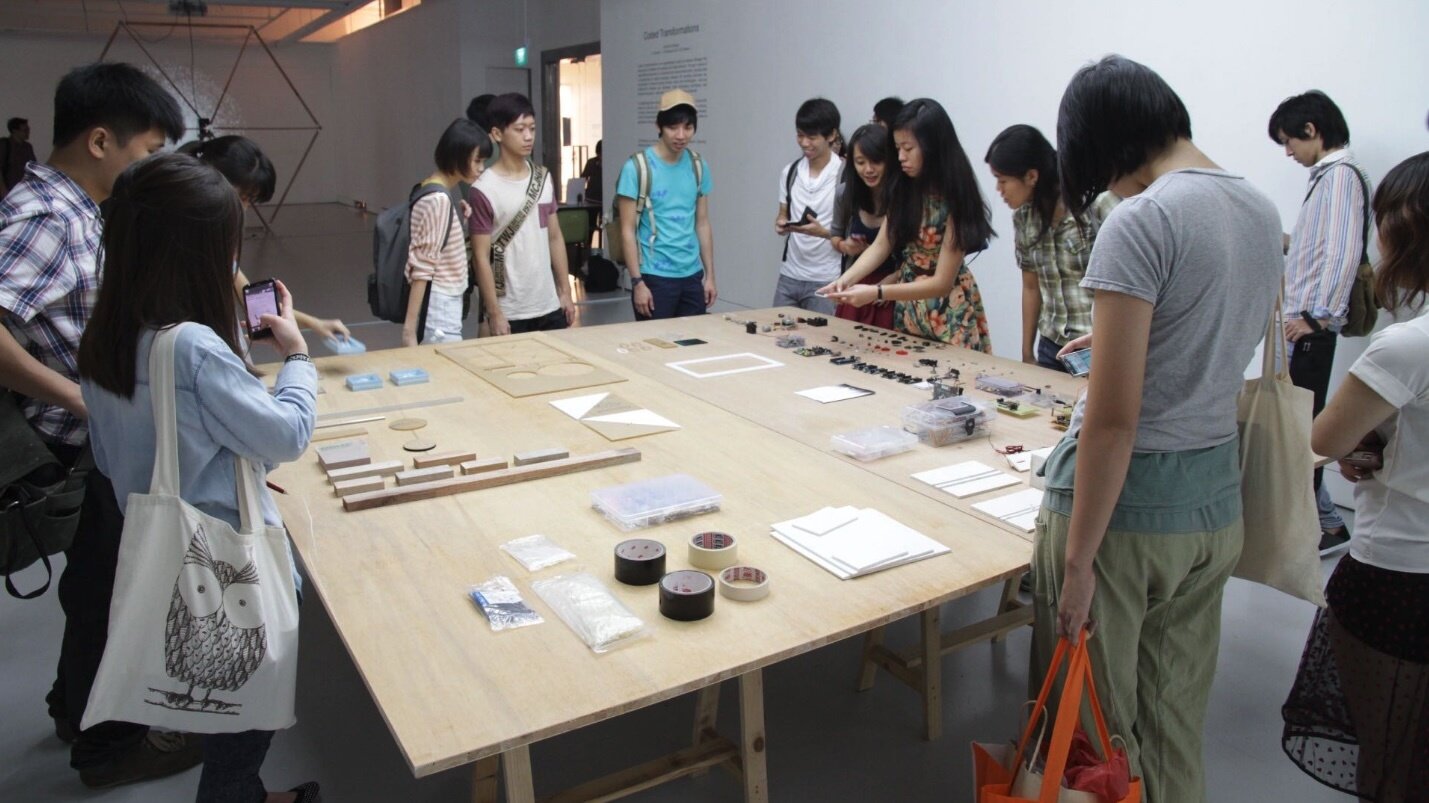
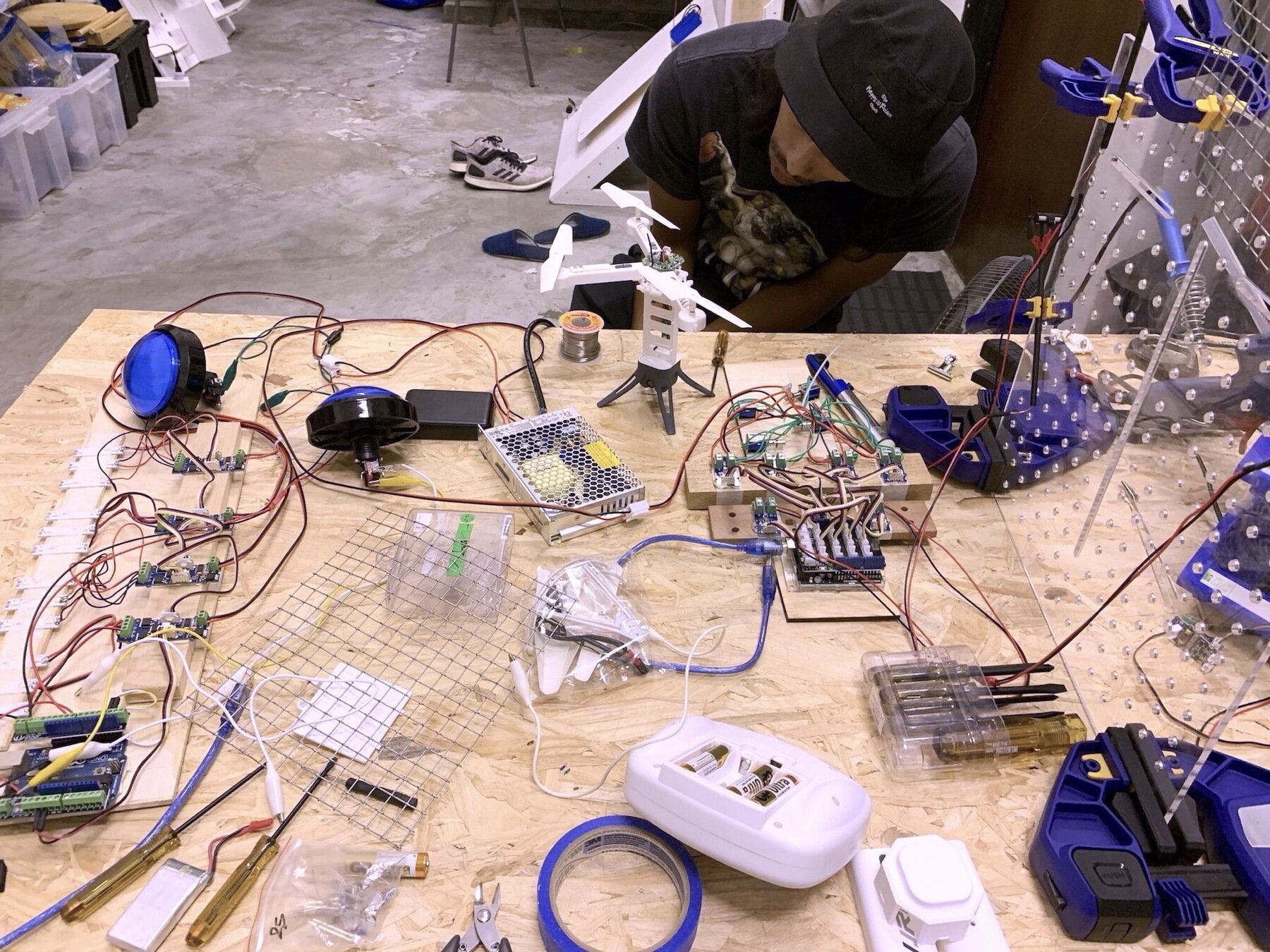
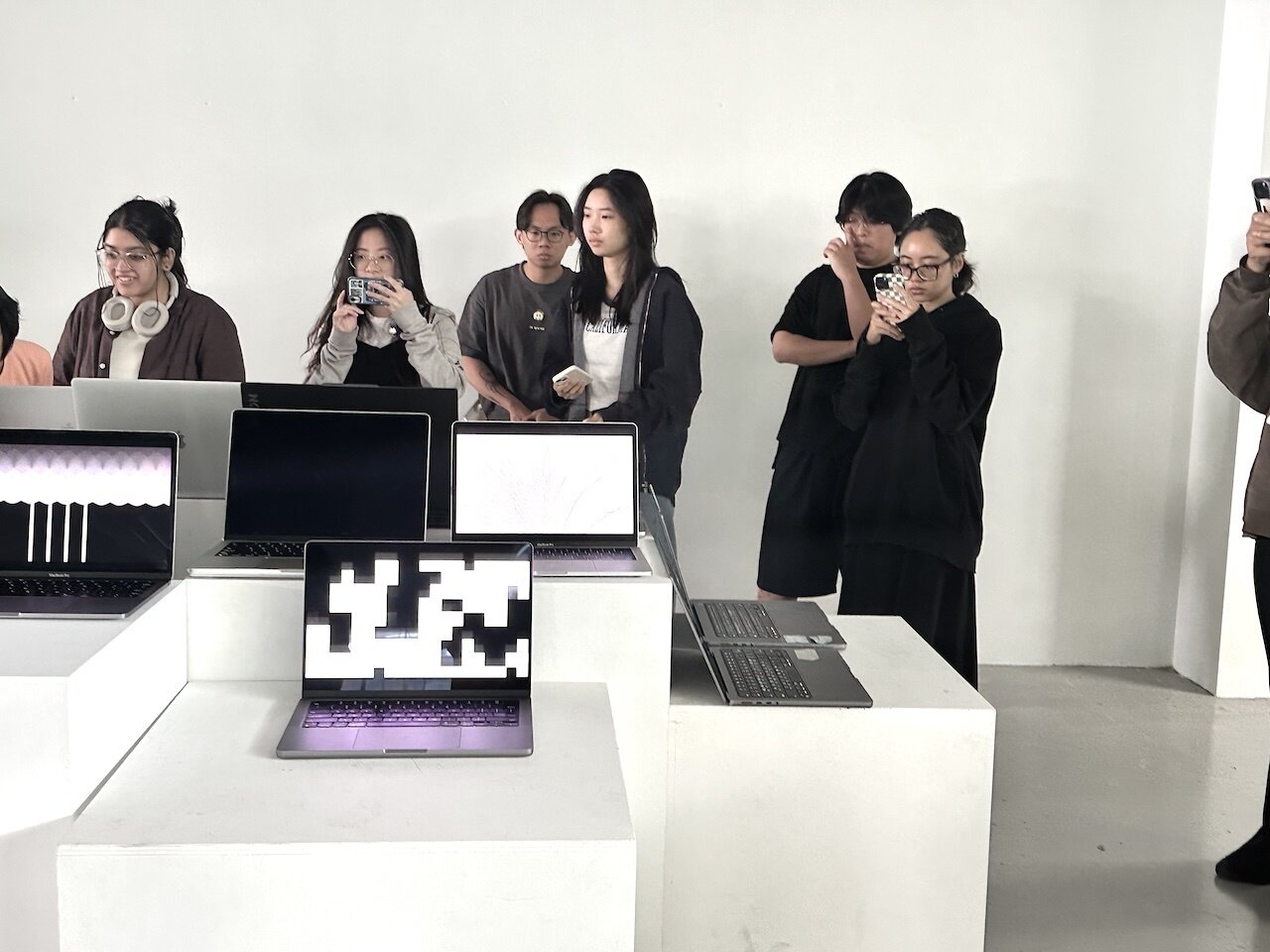
Four sessions
We will meet as a group on week 9, the following sessions on week 10 to 12 will be individual or small group consultations for which you can sign up for.
Computation in Design
Lab
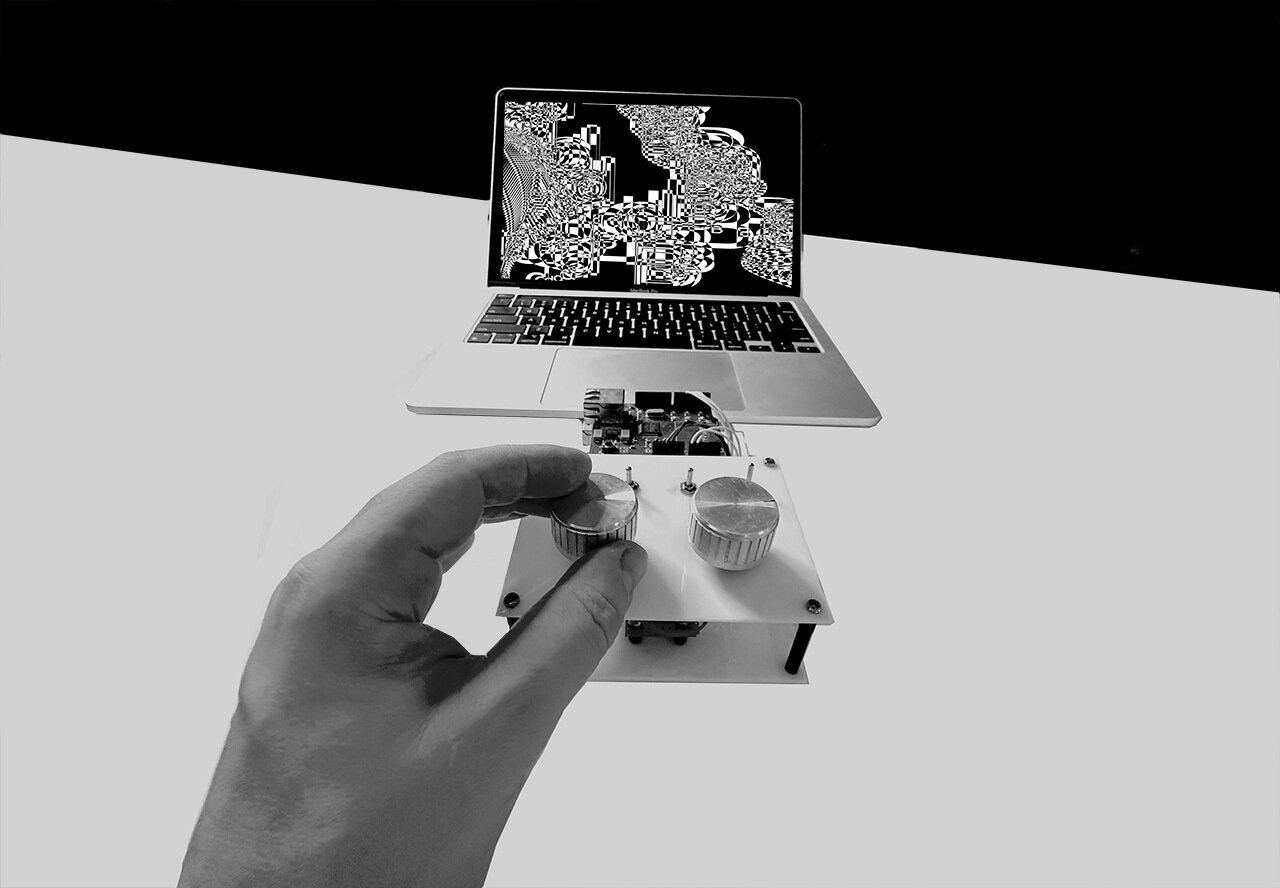
Tools
When it comes to working with Technology, having a good foundational understanding of tools that can be used for different purposes is key to conduct experiments, engage in explorations, build prototypes and prepare for production.
When it comes to working with Technology, having a good foundational understanding of tools that can be used for different purposes is key to conduct experiments, engage in explorations, build prototypes and prepare for production. What about AI?
Tools

Nowness ArtReview, A global study exploring AI’s impact on the future of art, film and wider culture
Tools
1. Coding
1.1. p5.js
1.2. JavaScript ecosystem
1.3. Python (Blender, TouchDesigner)
1.4. HTML and CSS
2. Hardware
2.2. Arduino
2.3. Electronics
3. Fabrication
3.1. Laser Cutting
3.2. 3D Printing
3.3. OpenSCAD
3.4. Blender
3.5. Making
4. Companions
4.1. ChatGPT
4.2. Ollama
4.3. Gemini
When it comes to working with Technology, having a good foundational understanding of tools that can be used for different purposes is key to conduct experiments, engage in explorations, build prototypes and prepare for production.
1. Sketching
2. Prototyping
3. Production
Tools
1. Coding
1.1. p5.js
1.2. JavaScript ecosystem
1.3. Python (Blender, TouchDesigner)
1.4. HTML and CSS
2. Hardware
2.2. Arduino
2.3. Electronics
3. Fabrication
3.1. Laser Cutting
3.2. 3D Printing
3.3. OpenSCAD
3.4. Blender
3.5. Making
4. Companions
4.1. ChatGPT
4.2. Ollama
4.3. Gemini
When it comes to working with Technology, having a good foundational understanding of tools that can be used for different purposes is key to conduct experiments, engage in explorations, build prototypes and prepare for production.
1. Coding
1.1. p5.js
2. Hardware
2.2. Arduino
3. Fabrication
3.1. Laser Cutting
3.5. Making
4. Companions
4.1. ChatGPT
1. Coding
1.1. p5.js
1.2. JavaScript ecosystem
TouchDesigner
1.4. HTML and CSS
2. Hardware
2.2. Arduino
3. Fabrication
3.1. Laser Cutting
3.4. Blender
3.5. Making
4. Companions
4.1. ChatGPT
1. Sketching
2. Prototyping
3. Production
Tools
- Learning is easy since it is a teaching tool and has a large community base, chatGPT can understand and write p5.js code to assist you
- Works well for simple applications, sketching and prototyping
- can extend from simple 2D applications to more advanced and complex 3D or shader applications
- can be used to create simple user interfaces and software tools
- Benefits from the vast javascript ecosystem and is able to integrate computer vision libraries, connects with AI tools like gemini, allows for the integration of midi or Arduino based physical interfaces
- Allows for outcomes that are screen-based, interactive, 2D or 3D, networked and more
p5.js
p5.js is a javascript and browser based framework for creative coding. It is excellent for quick code sketches and quickly proving and idea. Although it can be used for production ready applications it is not necessarily made for it.
A major advantage of p5.js is that it is easily available, has a strong community and is known within create technology communities.
Alternatives
- three.js
- JavaScript ecosystem
- TouchDesigner
Tools
- Learning is easy since it is a teaching tool and has a large community base, chatGPT can understand and write Arduino code to assist you
- Works well for simple applications, sketching and prototyping
- Interfaces the physical world with the digital world, but it can also be used in a physical, tangible, kinetic way only
- Can be used to create simple user interfaces, tools and physical artefacts, products
Arduino
Arduino is a physical computing environment that enables designers to quickly prototype physical interface built around sensors (inputs) and actuators (outputs).
The Arduino is software and hardware. Code that is programmed in software is run on the microcontroller hardware.
Just like p5.js, the Arduino environment has an advantage over other similar tools due to its wide range of of applications, accessibility and community.
Technologies
Application
Type
are.na
website
Google Docs
Miro, FigJam
Visual Studio Code
platform
platform
tool
tool
code, tool
collecting references
research repository
writing, organising
mapping, ideating
coding html, css, web-development
Arduino
Blender
Figma
node.js
Processing
p5js
Prompting
Python
Touch Designer
Unity
Unreal Engine
hardware, microcontroller
3D modelling, animation
ui/ux, wireframe, prototypes
system, desktop, server
generative, design, interactivity
web-based, generative, design
various generative AI tools
system, desktop, AI, machine learning
interactivity, real-time audio-visual
interactivity, mobile, AR, real-time
real-time, 3D, interactivity, VR
code (Arduino, c/c++)
ui, node-based, code (python)
ui, node-based
code (javascript)
code (java)
code (javascript)
text
node-based (python)
code, node-based (C#)
node-based
Technologies
Application
Availability
3D printer
Electronics*
Lasercutter
Paper
Screen
Sound recorder
Sound system
experiment, prototype, artefact
experiment, prototype, artefact
experiment, prototype, artefact
experiment, prototype, artefact
experiment, prototype, artefact
experiment, prototype, artefact
experiment, prototype, artefact
workshop
self, lab, sim lim
lab
self
self, lab
self (phone), lab (zoom recorder)
self, lab
* sensors, microcontrollers, motors, led lights, tools

The Frog-Turtle Priciple

Make.

Make.

Make.
Resources
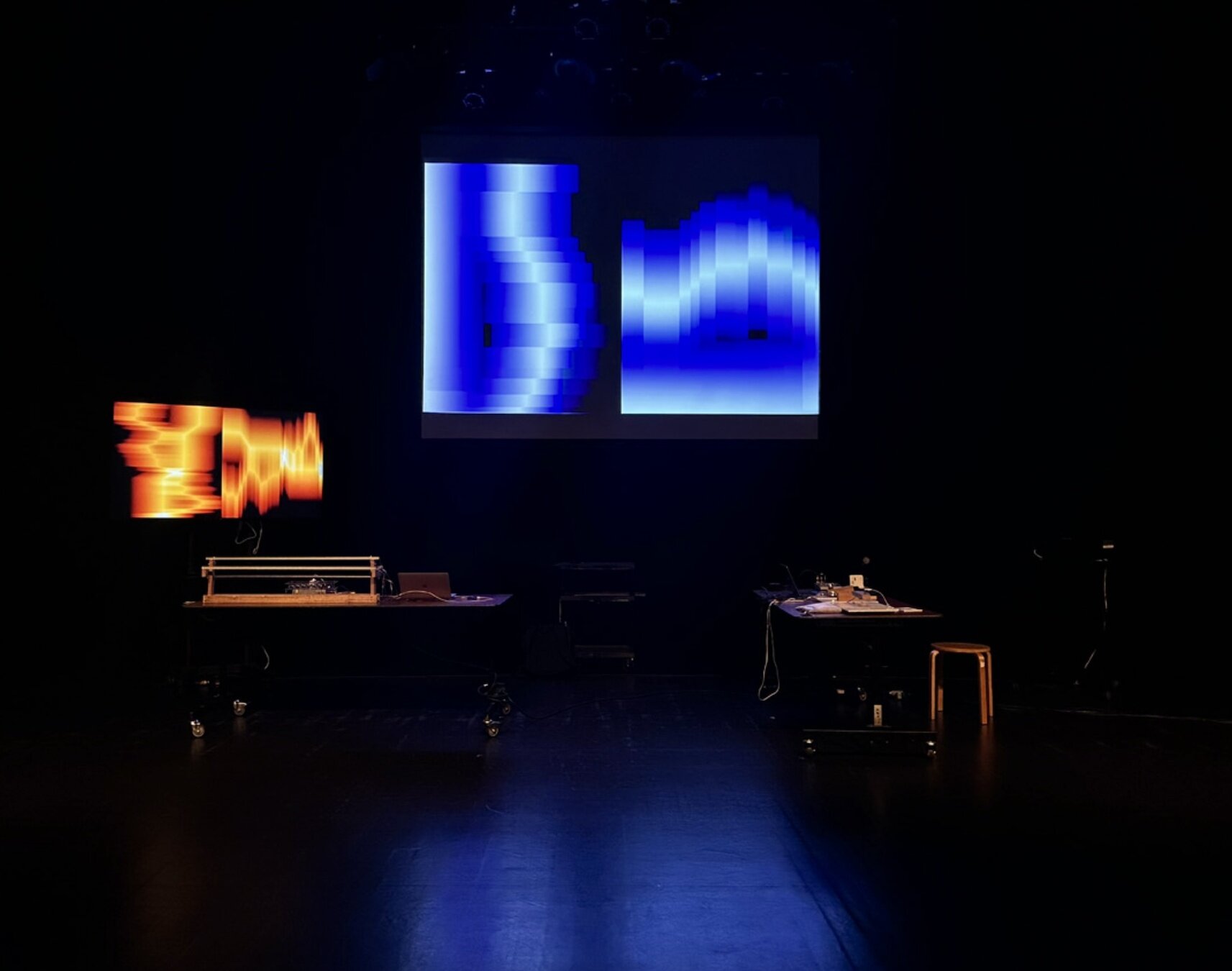
Activities
Method Toolkits
Design Kit Methods by IDEO don’t miss the Mindset videos
Design Method Toolkit University of Applied Sciences Amsterdam
MakeTools series of paper addressing research, experience, tools (see articles and videos)
Design Methods Toolbox Problem seeking, sharing, solving
Design Methods Finder (some links might be outdated) list of methods gives a good overview of common methods, gives you pros and cons, short description of what the method entails, its tools, goal(s), preparation and how-to steps.
User Experience methods catalogue: A curation of high-quality and helpful user experience methods categorised into the following phases: Understand, Define, Ideate, Design, Evaluate
Usability: Usability testing is the practice of testing how easy a design is to use with a group of representative users. It usually involves observing users as they attempt to complete tasks and can be done for different types of designs. It is often conducted repeatedly, from early development until a product’s release.
Designing Futures This website complements the book »Designing Futures – Speculation, Critique, Innovation. A guide to exploring, visualising and negotiating future scenarios.« (foreword by Riel Miller, published by Laurence King / Quercus / Hachette, 2024) with additional digital resources and links. See this miro board for ideation templates
A collection of methods to bring human-centred design into your project: Discover (Build a greater understanding of your problem and the people it impacts), Decide (Elaborate on research from your Discovery phase.), Make (Create a testable solution), Validate (Test a design hypothesis.), Fundamentals (Foundational methods for practising design research).
These resources can be helpful when it comes to ideating, prototyping, testing, observing, evaluating your work
Misc
These resources can be helpful when it comes to ideating, prototyping, testing, observing, evaluating your work
blackbox.ai: Blackbox AI is a cutting-edge artificial intelligence tool specifically designed to aid developers like you. It acts as a virtual coding companion, capable of understanding your requirements in plain English and translating them into functional code across various programming languages. how to link
Samples and References to present your work
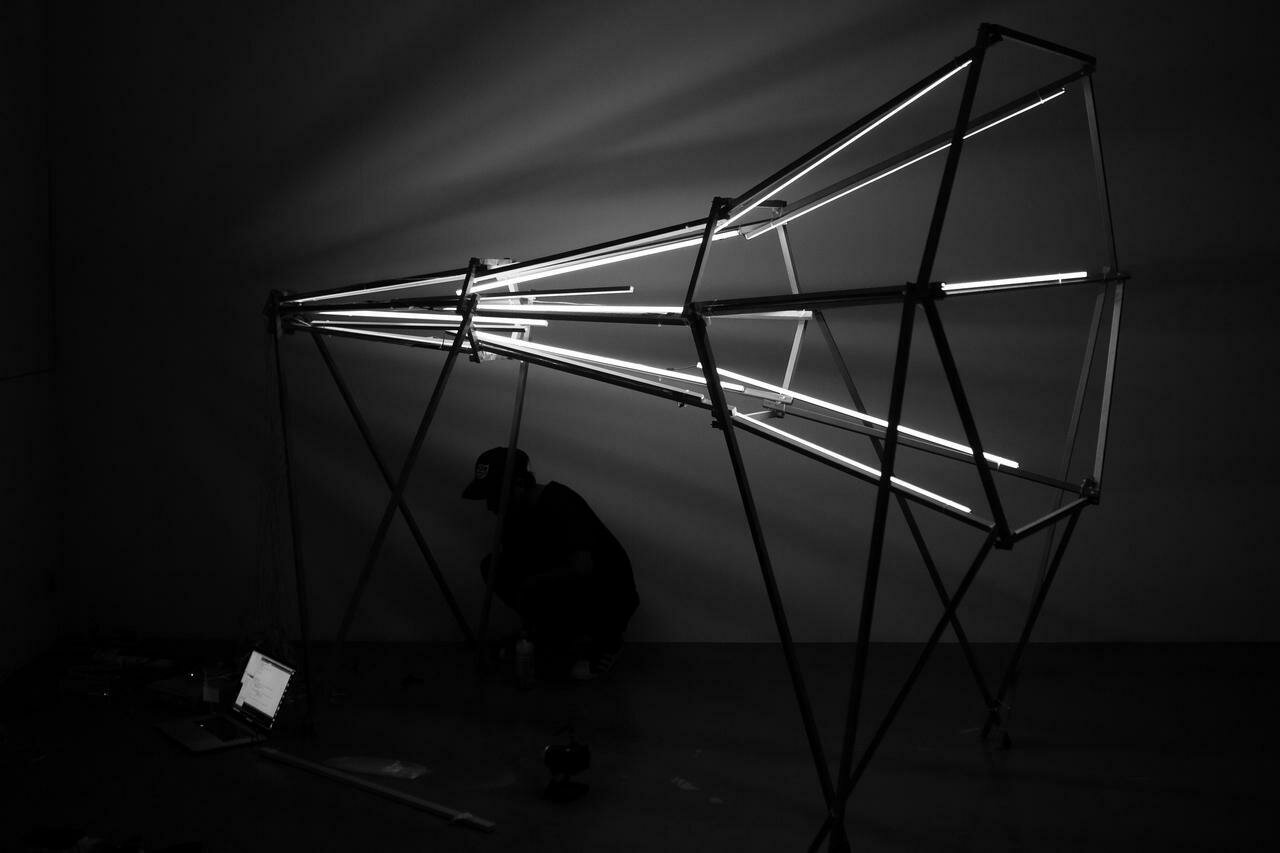
Table setups
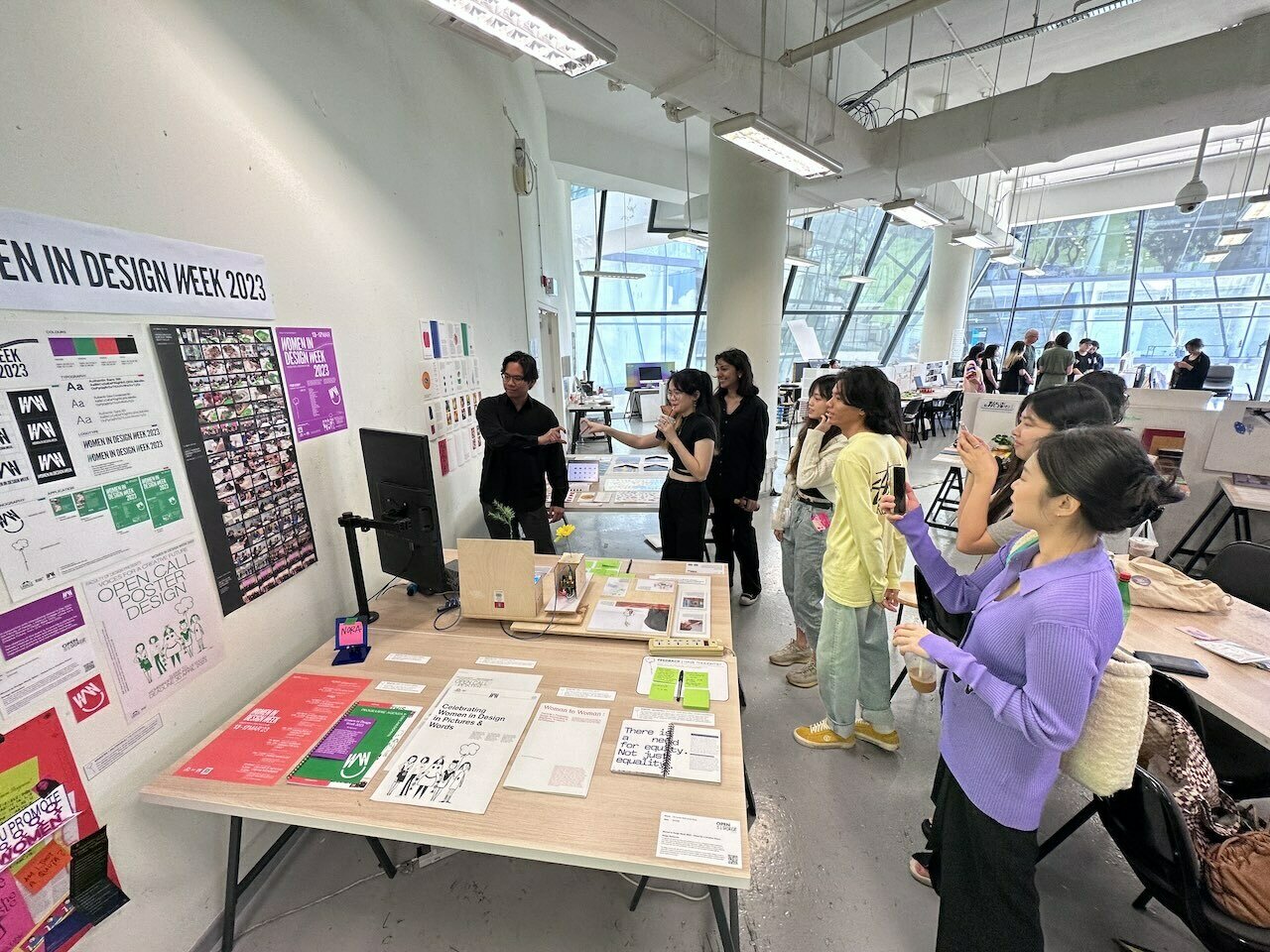
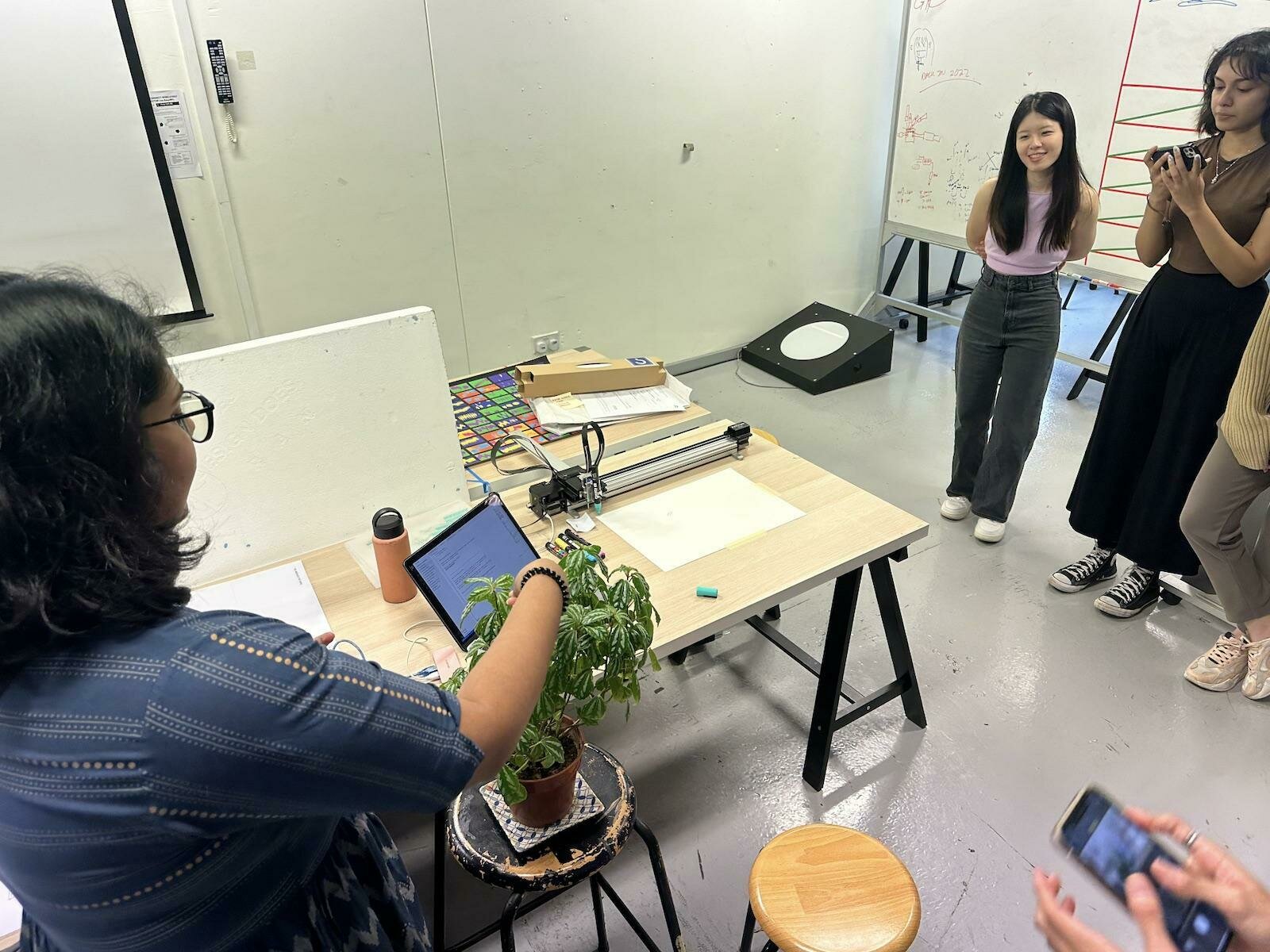
Table setups

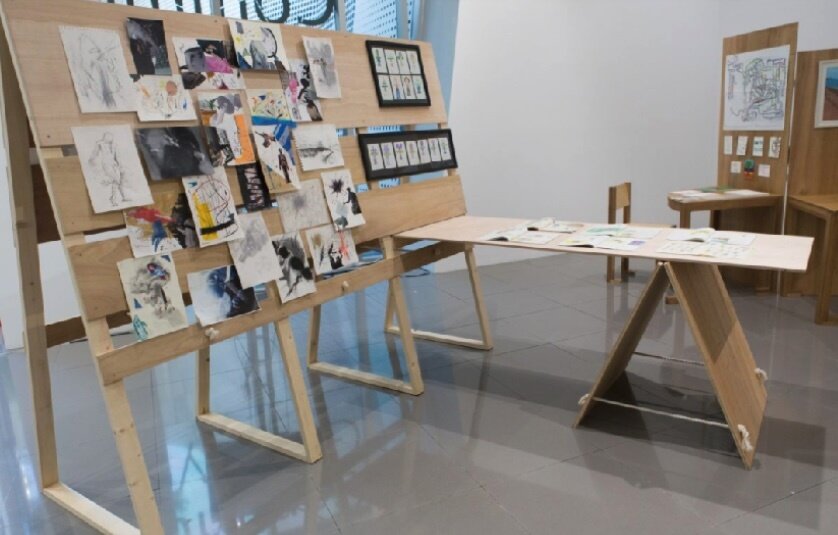
Table setups
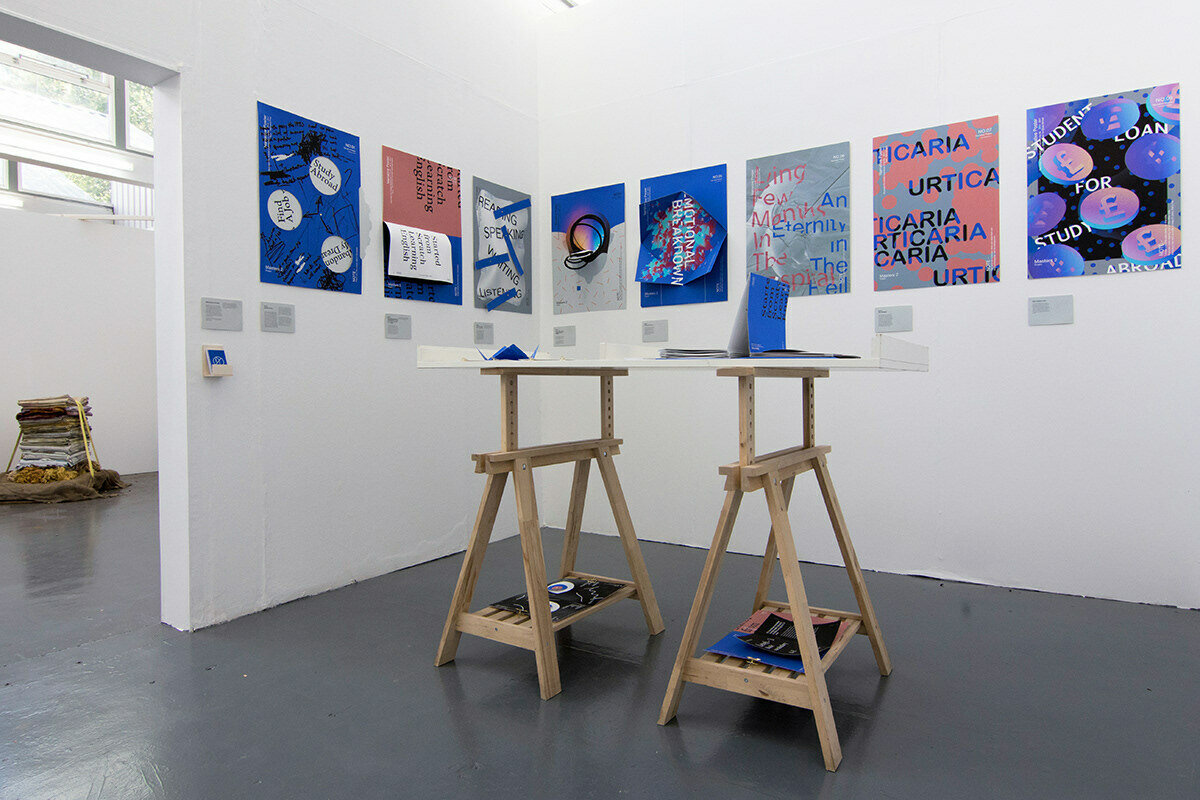
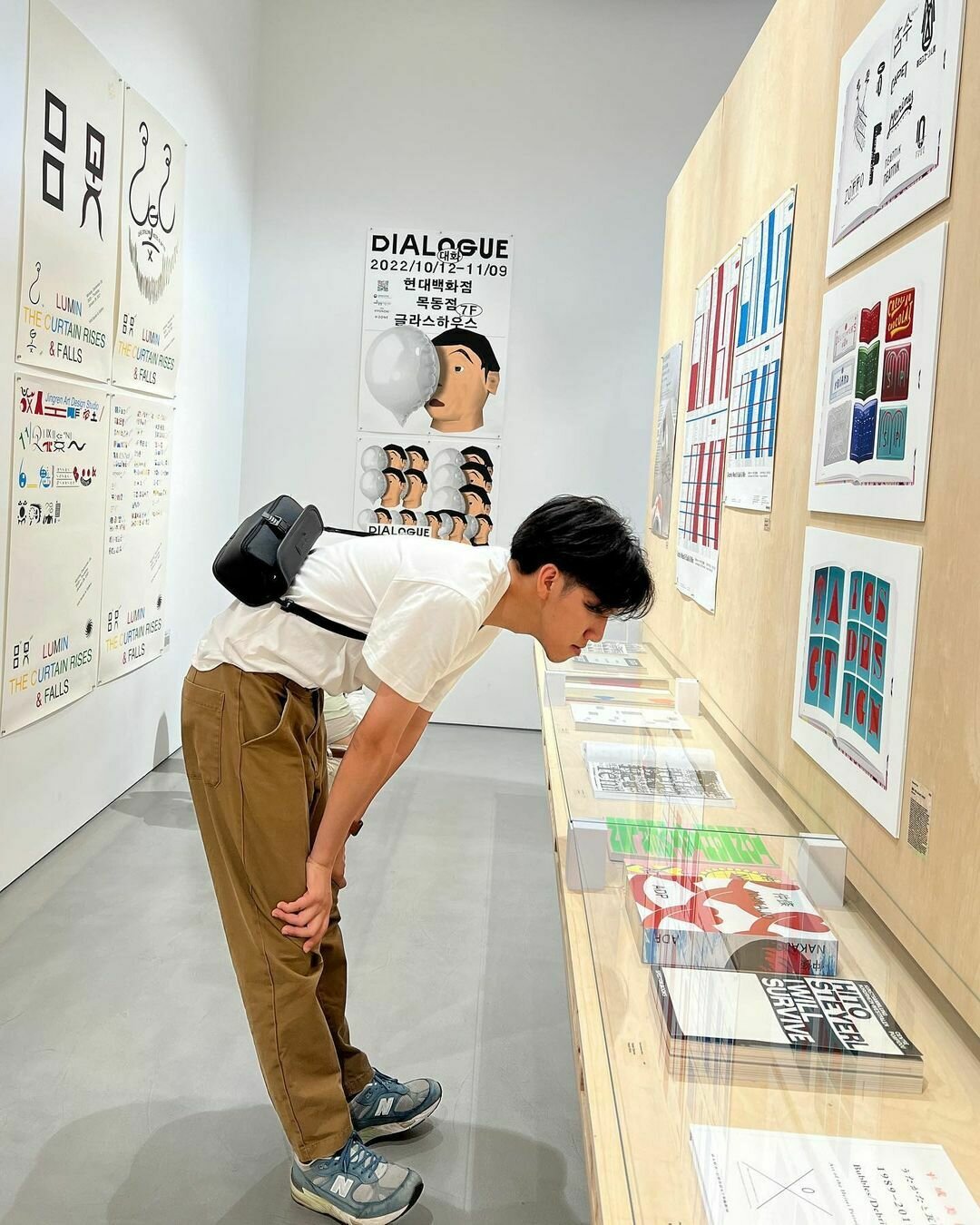
Table setups
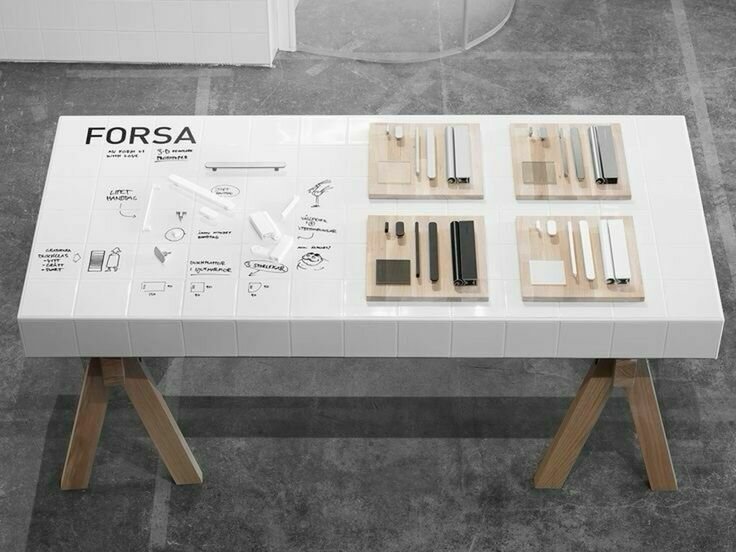
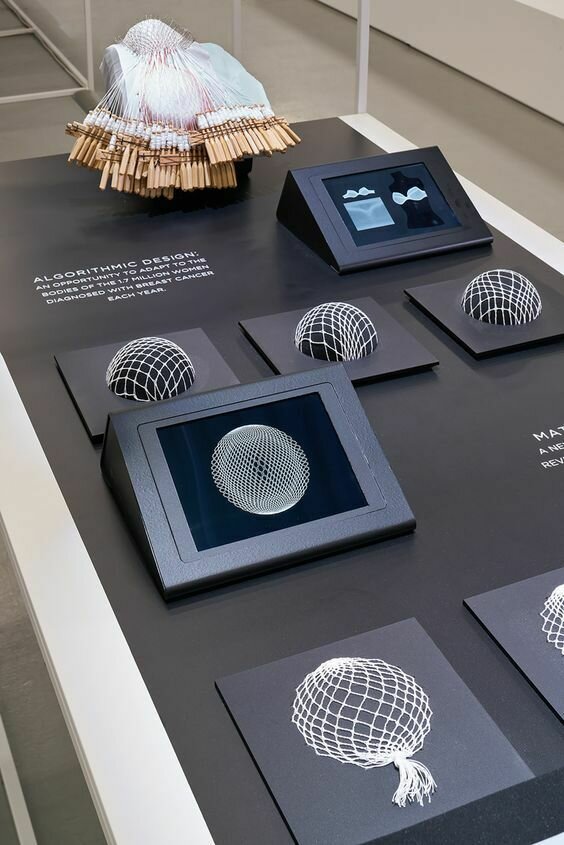
Table setups
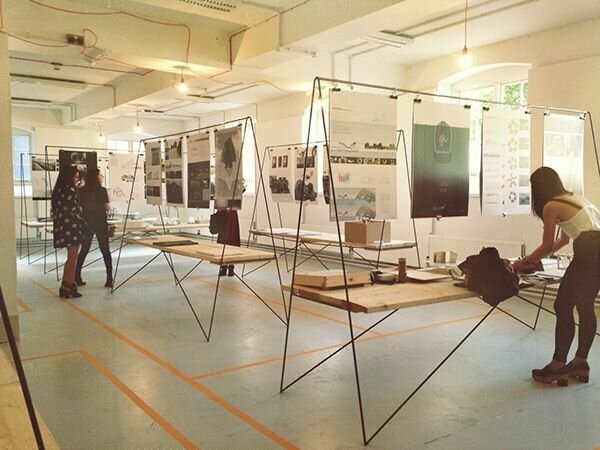
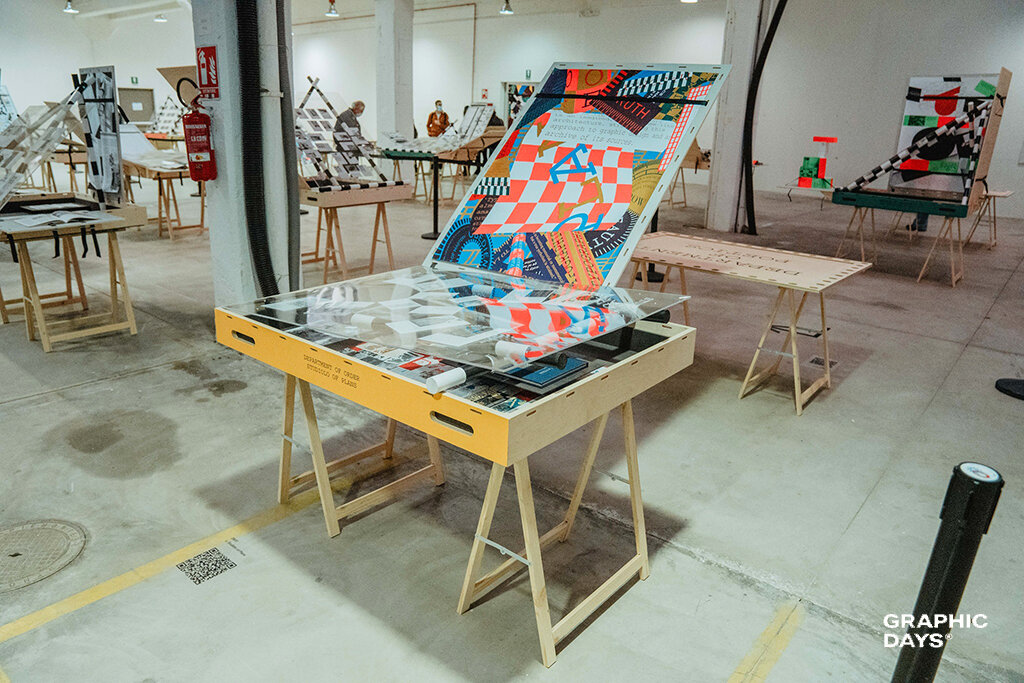
Table setups

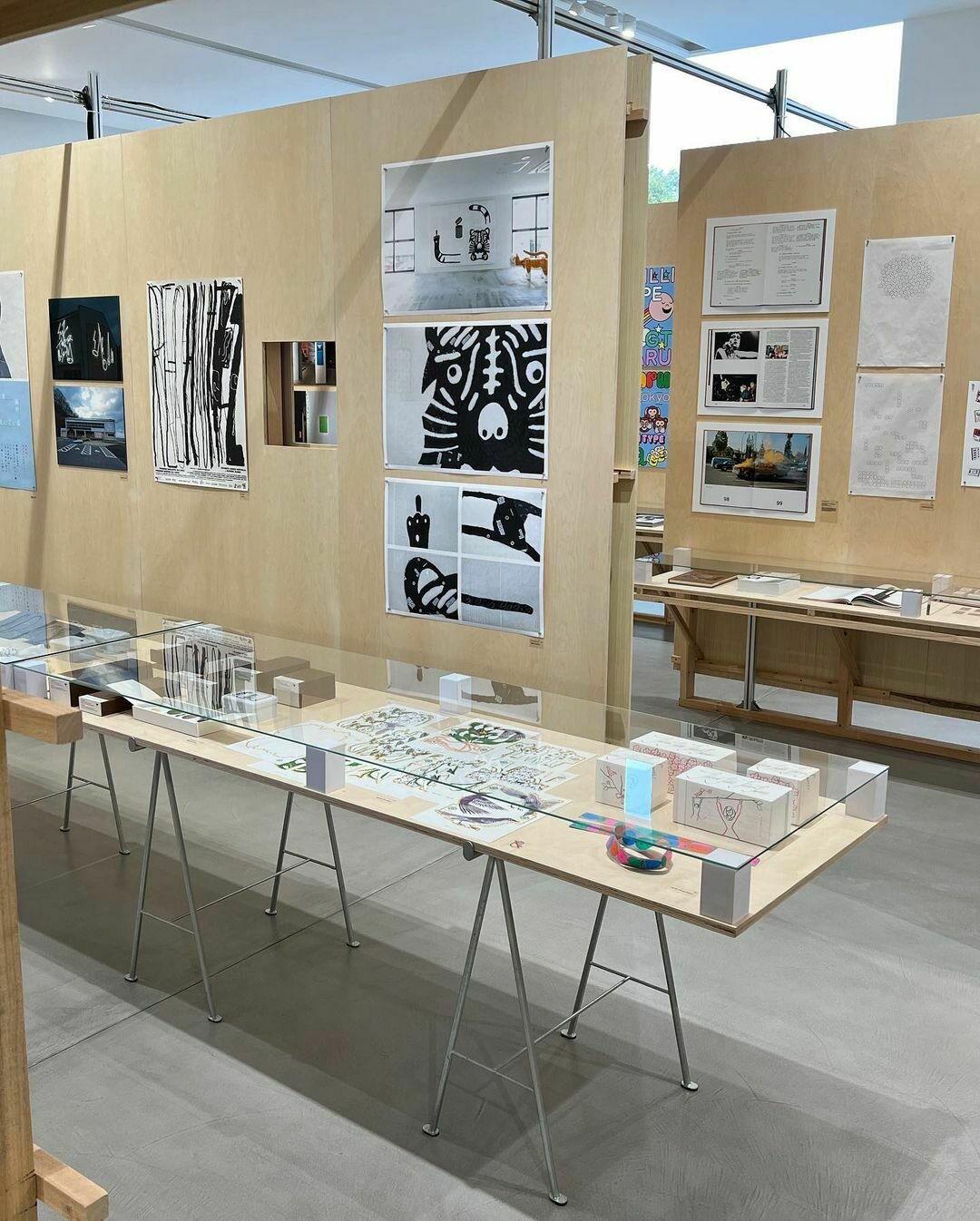
Table setups

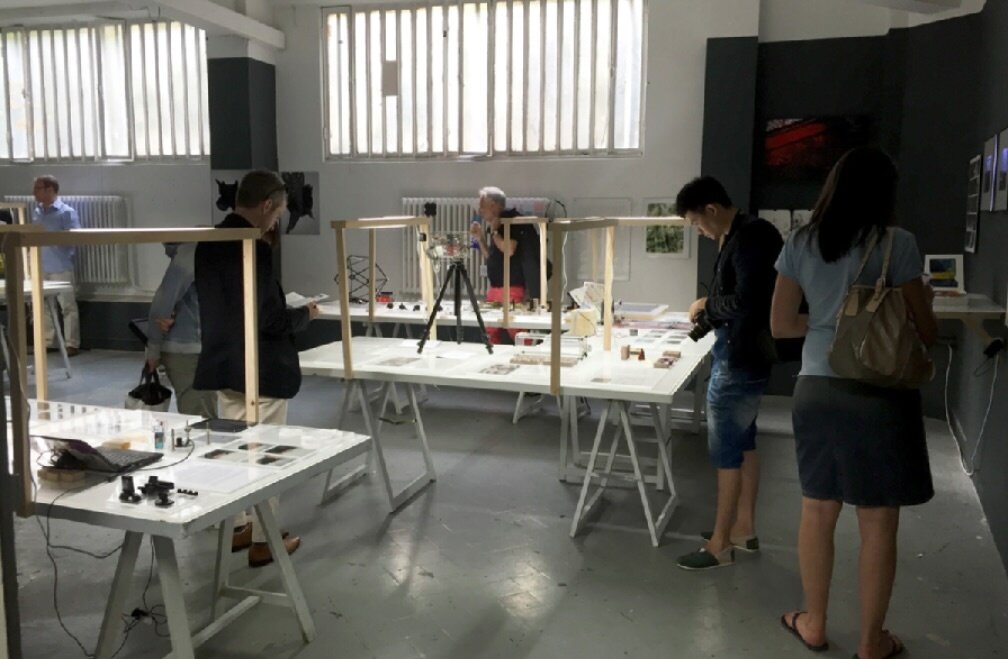
cid-lab-2425
By Andreas Schlegel
cid-lab-2425
- 466
